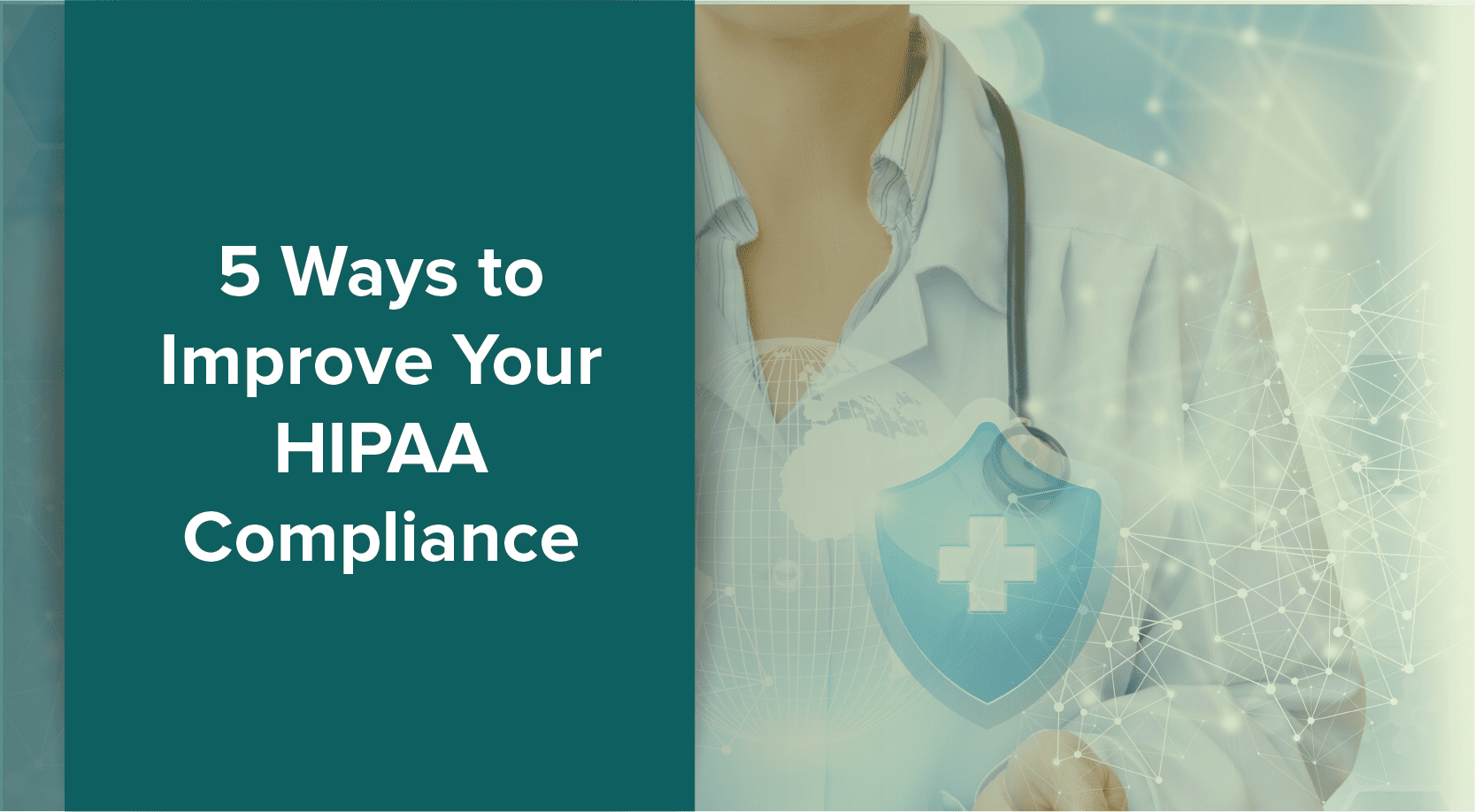In today’s rapidly evolving healthcare landscape, staying ahead is paramount for healthcare professionals to provide quality care while maintaining compliance with regulations. One such crucial regulation is the Health Insurance Portability and Accountability Act (HIPAA), which sets the standard for protecting sensitive patient information. By implementing the following top five HIPAA tips, professionals can navigate the complexities of healthcare while ensuring the privacy and security of patient data.
Understanding HIPAA
HIPAA, enacted in 1996, aims to safeguard patient privacy and ensure the security of electronic protected health information (ePHI). It applies to healthcare providers, health plans, and healthcare clearinghouses, as well as their business associates who handle patient information.
The Importance of HIPAA Compliance
Compliance with HIPAA regulations is vital for healthcare professionals for several reasons:
- Protecting Patient Privacy: HIPAA ensures that patients have control over their health information and safeguards their privacy.
- Safeguarding Sensitive Information: Compliance with HIPAA helps prevent data breaches and unauthorized access to sensitive patient data, minimizing the risk of identity theft and fraud.In today’s rapidly evolving healthcare landscape, staying ahead is paramount for healthcare professionals to provide quality care while maintaining compliance with regulations. One such crucial regulation is the Health Insurance Portability and Accountability Act (HIPAA)
Top 5 HIPAA Tips
Continuous Training and Education
Ensure that all staff members receive regular training and education on HIPAA regulations and updates. This includes understanding the importance of patient privacy, handling ePHI securely, and recognizing potential security threats.
Implementing Robust Data Security Measures
Implement robust data security measures to protect ePHI from unauthorized access, theft, or loss. This includes encryption of data both at rest and in transit, secure access controls, and regular security updates and patches for systems and software.
Regular Compliance Audits and Reviews
Conduct regular compliance audits and reviews to assess the effectiveness of HIPAA policies and procedures. This helps identify any gaps or areas for improvement and ensures ongoing compliance with HIPAA regulations.
Effective Incident Response Planning
Develop and maintain an effective incident response plan to promptly address data breaches or security incidents. This includes procedures for containing the breach, assessing the impact, notifying affected individuals, and reporting the incident to the appropriate authorities as required by HIPAA regulations.Implement robust data security measures to protect ePHI from unauthorized access, theft, or loss. This includes encryption of data both at rest and in transit, secure access controls, and regular security updates and patches for systems and software.
Keeping Abreast of Regulatory Changes
Stay informed about changes and updates to HIPAA regulations and other relevant healthcare laws and regulations. This includes monitoring guidance from regulatory bodies such as the Department of Health and Human Services (HHS) and incorporating any changes into your HIPAA compliance program.
Conclusion
In conclusion, staying ahead in healthcare requires a proactive approach to HIPAA compliance. By implementing the top five HIPAA tips outlined in this article, professionals can ensure the privacy and security of patient information while providing quality care. By prioritizing continuous training and education, robust data security measures, regular compliance audits, effective incident response planning, and staying informed about regulatory changes, healthcare professionals can navigate the complexities of HIPAA with confidence.



































